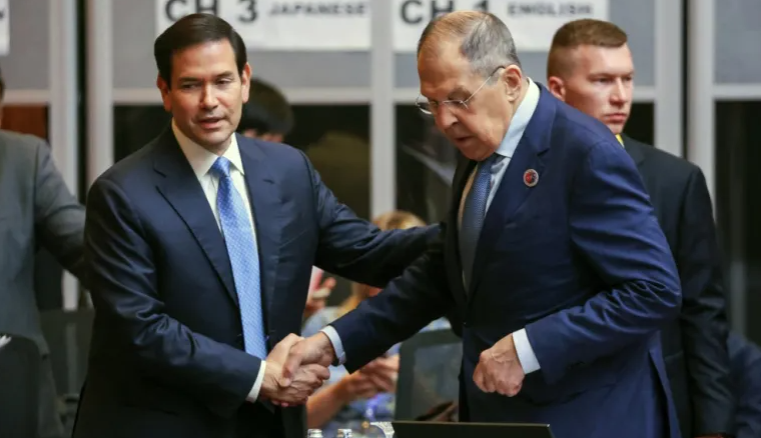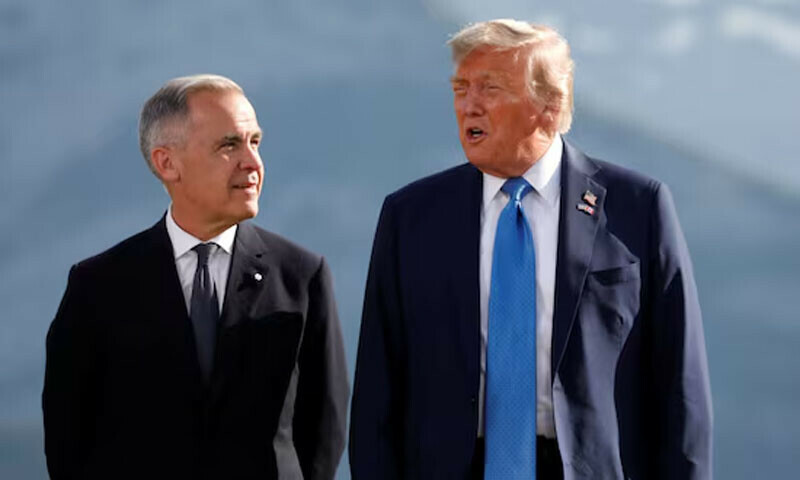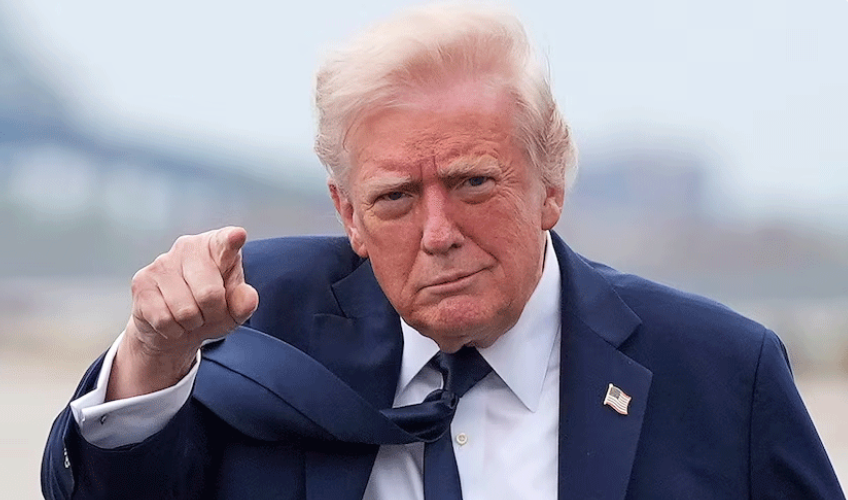WORLD NEWS

As trade friction between global superpowers deepens, U.S. Secretary of State Marco Rubio and Chinese Foreign Minister Wang Yi met in Kuala Lumpur on Friday, marking their first in-person talks since Rubio took office in January. The tense meeting took place on the sidelines of the East Asia Summit and the ASEAN Regional Forum, attended by top diplomats from Asia-Pacific and beyond.
The high-stakes encounter comes as U.S. President Donald Trump moves ahead with sweeping new tariffs — including 25% to 40% levies on goods from major Asian economies like Japan, South Korea, Malaysia, Indonesia, and Cambodia. China, already facing tariffs of over 100%, has until August 12 to reach a deal with the White House to avert further trade restrictions.
A Strategic Reset Overshadowed by Tariffs
Rubio’s visit aimed to renew U.S. engagement in the Indo-Pacific and redirect attention from ongoing conflicts in the Middle East and Europe. However, Washington’s aggressive tariff regime has dominated headlines and stirred diplomatic unease, particularly among ASEAN members — many of whom are caught between Washington’s demands and Beijing’s expanding regional footprint.
The U.S. has pitched itself as a more reliable partner than China. Rubio met separately with foreign ministers from Thailand, Cambodia, and Indonesia, pushing a vision of enhanced security and supply chain resilience through U.S. alliances. He also held talks with Japan and South Korea to strengthen the trilateral partnership in critical technology and regional defense.
Rubio further raised U.S. concerns about China’s alignment with Russia, accusing Beijing of aiding Moscow in its Ukraine campaign “as much as they can without getting caught.”
China's Sharp Response
China’s top diplomat Wang Yi hit back hard, calling the U.S. tariff policy “unilateral bullying behavior.” Speaking to Southeast Asian counterparts, Wang warned that the U.S. moves undermine global supply chains and deprive developing nations of their right to growth.
“No country should support this,” Wang told Malaysian officials, emphasizing that ASEAN nations must stand firm and defend their sovereign economic rights.
In meetings with officials from Thailand and Cambodia, Wang said the tariffs are a direct threat to free trade and an attempt to isolate China from global production networks.
China also warned countries against joining U.S.-led efforts to exclude Beijing from regional supply chains — a growing concern as Washington increases cooperation on critical tech and infrastructure projects.
ASEAN Warns Against Economic Fragmentation
In a joint communiqué released Friday, ASEAN foreign ministers voiced concern over rising global trade tensions, without naming the U.S. directly. The statement described unilateral tariffs as “counterproductive,” warning of the risk of economic fragmentation and supply chain disruptions.
“We reaffirmed our commitment to work constructively with all partners to ensure a fair, transparent, and rules-based global trading system,” the ministers said.
The group also called for the diversification of trade relations amid economic volatility, signaling a desire to maintain strategic balance in an increasingly polarized global landscape.
Upcoming Trump-Marcos Meeting
Meanwhile, U.S.-Philippine ties are also under review, as Philippine President Ferdinand Marcos Jr. prepares for a state visit to Washington later this month. Discussions will reportedly include the increase in U.S. tariffs and broader regional defense cooperation.
As tensions mount, the August 12 deadline looms large. Observers say the next month could reshape not just U.S.-China ties, but the entire economic architecture of the Asia-Pacific.




